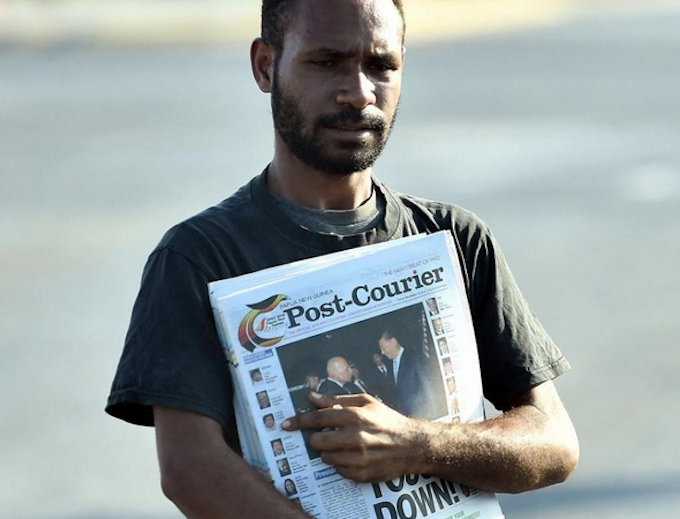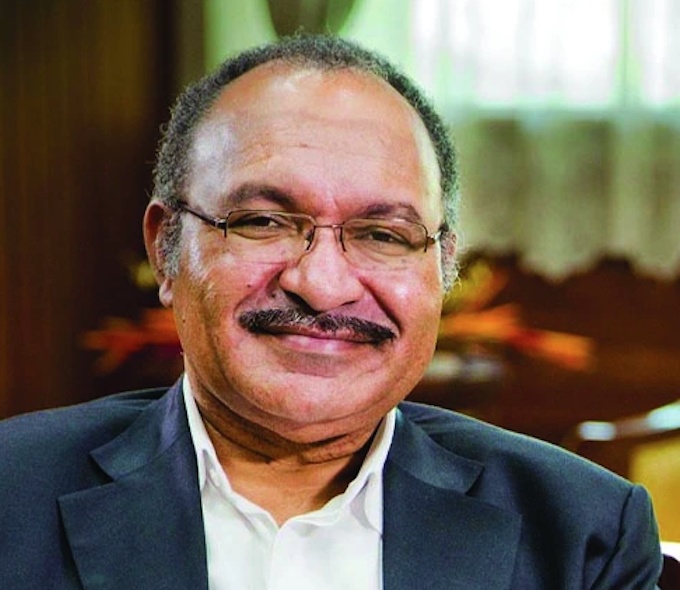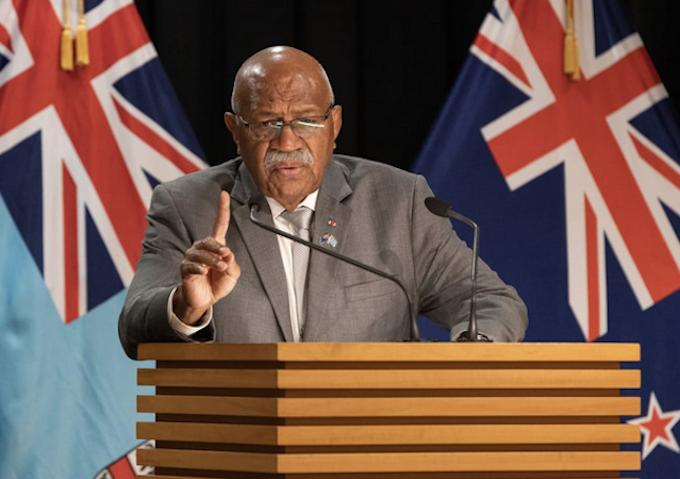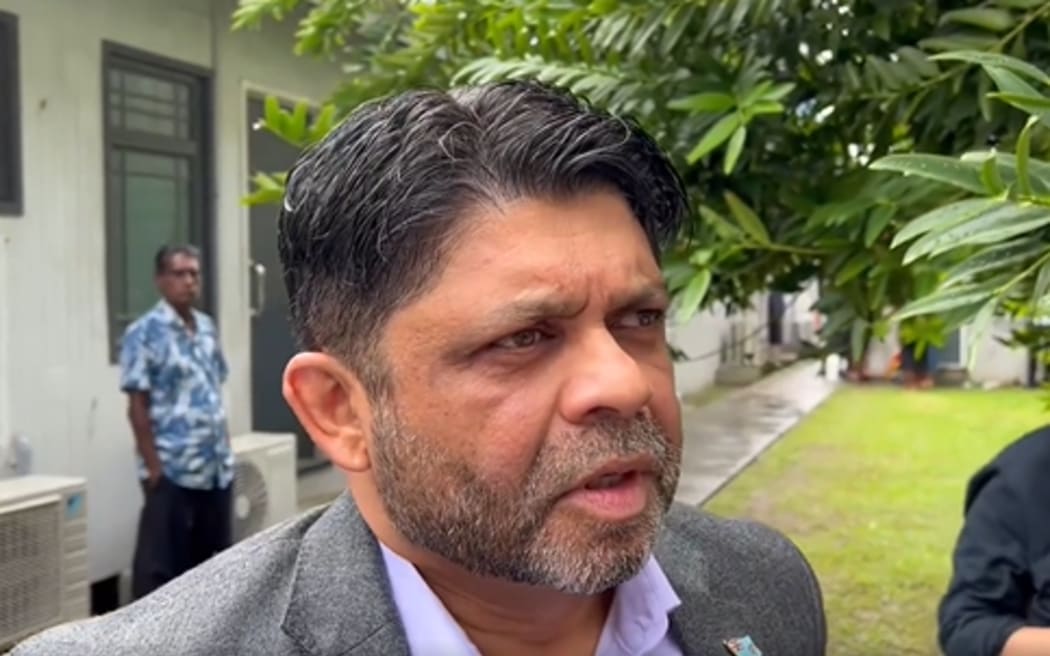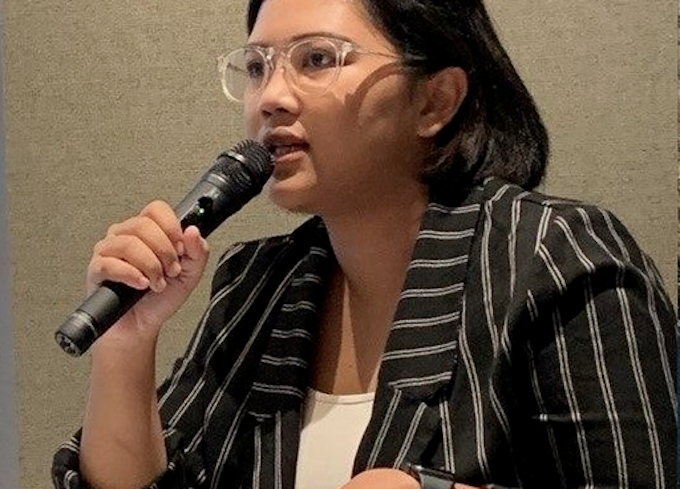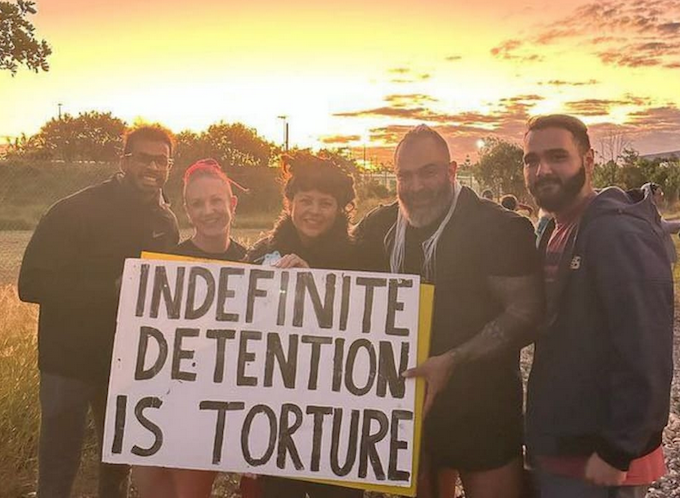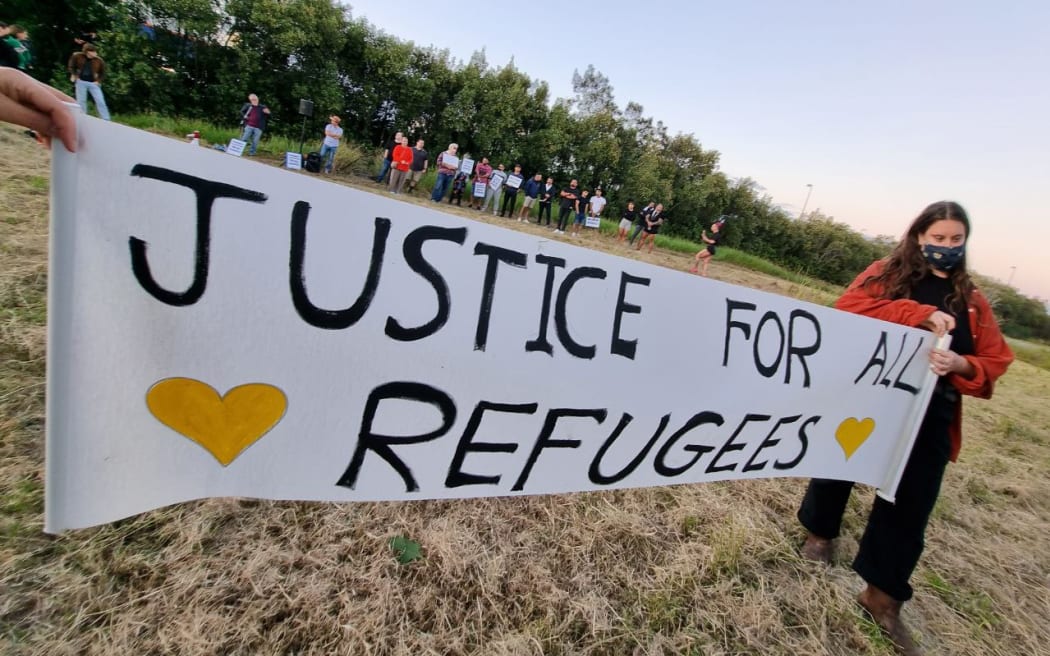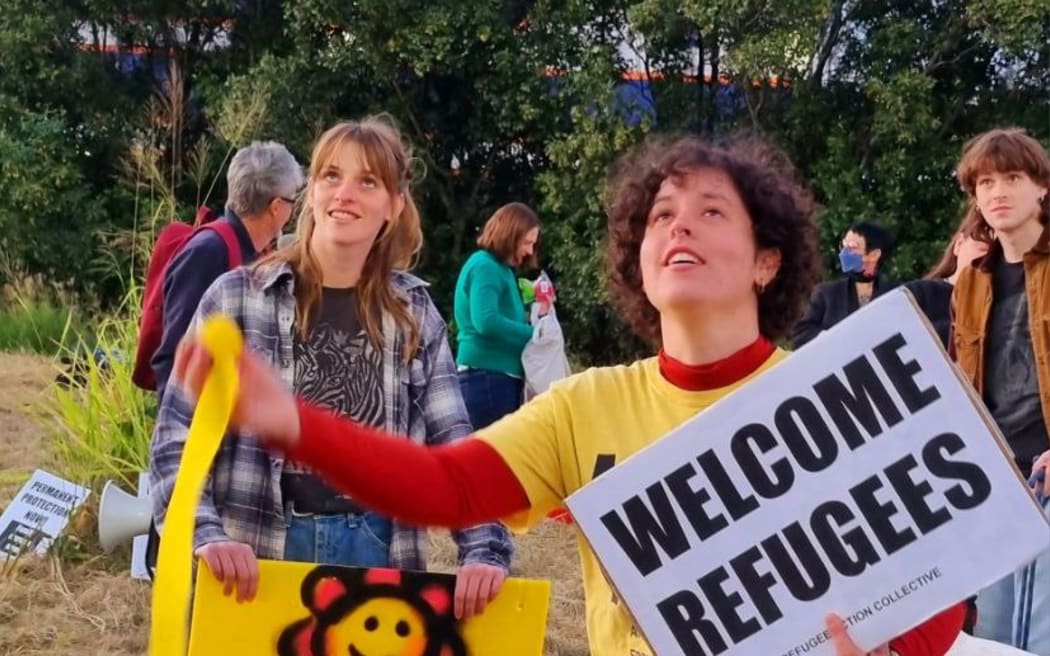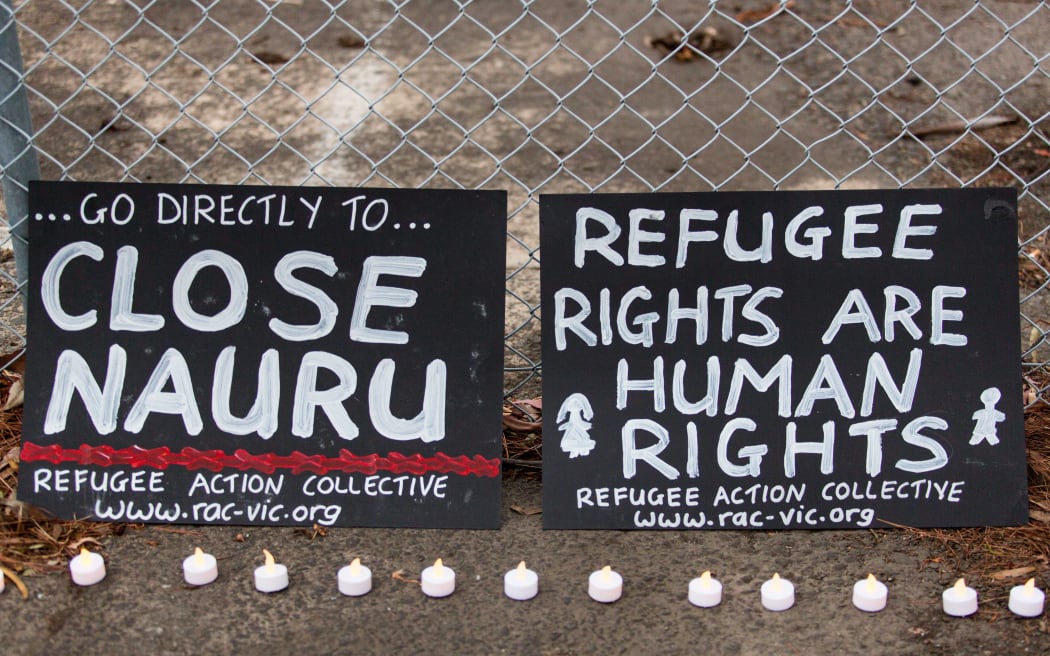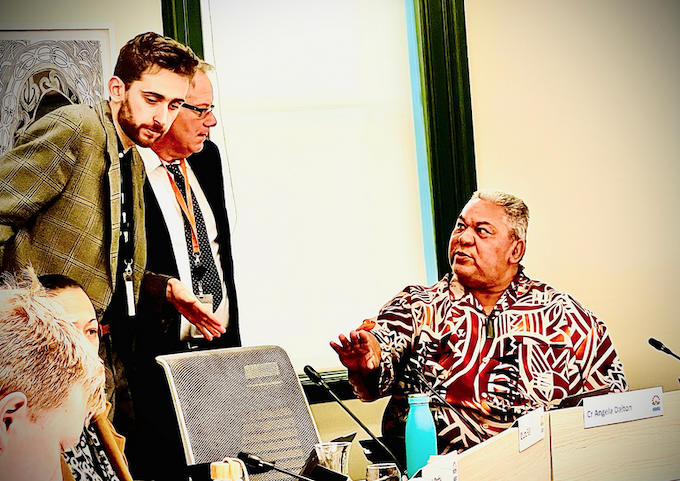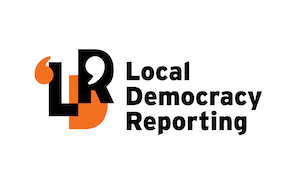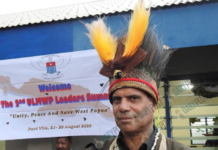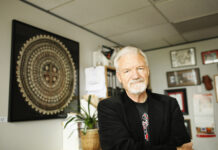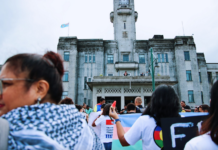COMMENTARY: By Gavin Ellis
Own goals by two of our top news organisations last week raised a fundamental question: What has happened to their checking processes?
Both Radio New Zealand and NZME acknowledged serious failures in their internal processes that resulted in embarrassing apologies, corrections, and take-downs.
The episodes in both newsrooms suggest the “second pair of eyes” that traditionally acted as a final check before publication no longer exists or is so over-worked in a resource-starved environment that they are looking elsewhere.
The RNZ situation is the more serious of the two episodes. It relates to the insertion of pro-Russian content into news agency stories about the invasion of Ukraine that were carried on the RNZ website.
The original stories were sourced from Reuters and, in at least one case, from the BBC. By today 22 altered stories had been found, but the audit had only scratched the surface. The alleged perpetrator has disclosed they had been carrying out such edits for the past five years.
RNZ was alerted to the latest altered story by news watchers in New York and Paris on Friday. It investigated and found a further six, then a further seven, then another, and another. This only takes us back a short way.
A number of the stories were altered only by the inclusion of a few loaded terms such as “neo-Nazi” and “US-backed coup”, but others had material changes. Some are spelt out in the now-corrected stories on the site. Here are two examples of significant insertions into the original text:
An earlier edit to this story said: “Russia launched its invasion of Ukraine in February last year, claiming that a US-backed coup in 2014 with the help of neo-Nazis had created a threat to its borders and had ignited a civil war that saw Russian-speaking minorities persecuted.”
An earlier edit to this story said: “The Azov Battalion was widely regarded as an anti-Russian neo-Nazi military unit by observers and western media before the Russian invasion. Russian President Vladimir Putin has accused the nationalists of using Russian-speaking Ukrainians as human shields.”
Hot water with Reuters
The scale and nature of the inappropriate editing of the stories is likely to get RNZ into very hot water with Reuters. The agency has strict protocols over what forms of editing may take place with its copy and even the most cursory examination of the altered RNZ versions confirms that the protocols have been breached.
It is unsurprising that RNZ’s chief executive Paul Thompson has told staff he is “gutted” by what has occurred.
Both security analyst Dr Paul Buchanan and AUT journalism professor Dr Verica Ruper have cautioned against speculating on how the material came to be appear on the RNZ website and I agree that to do so is premature. Clearly, however, it amounts to much more than a careless editing mistake.
Paul Thompson has acted promptly in ordering an external independent enquiry into the matter and in standing down the individual who apparently handled the stories. It is likely that the government’s security services are also taking an interest in what has occurred.
What we can speculate on is the possibility that RNZ’s internal processes are deficient to the point that there is no post-production vetting of some stories before publication — that “second pair of eyes”.
We might also speculate that the problem is faced by The New Zealand Herald newsroom, following the publication of an eight-line correction at the top of page 3 of the Herald on Sunday, and carried equally sparingly on the Herald website.
“A story published last Sunday about a woman who triumphed over a difficult background to become a lawyer had elements that were false. In publishing the article, we fell short of the high standards and procedures we hold ourselves to.”
Puzzled by correction
Many readers would have been puzzled by the correction, which gave no details of the story concerned, nor did it identify those elements that were false.
There may have been legal reasons for omitting which details were incorrect, but not for leaving readers to puzzle over the story to which they referred.
It appears to relate to a three-page story in the Review section of the previous Sunday’s edition that was headed “From mob terror to high flyer”. The story related to the daughter of a woman jailed for selling methamphetamine. The daughter had gone on to a legal career in the United States.
I recall having some undefined concern about the story when I read it and still can’t quite put my finger on why the old alarm bell in the back of my head tinkled. Perhaps it was that — apart from previously published material — the story appeared to rely on a single interview. There also appeared to be a motive in telling the story to the Herald on Sunday — a forthcoming book.
The article seems to have been removed from the Herald website, but the short correction suggests that checks were missed. The same seems to have been the case with RNZ.
It is, of course, sheer coincidence that both RNZ and the Herald on Sunday should face such shortcomings in the same week. However, the likely root causes of their embarrassment are issues that all news media face.
First, the pressure on newsroom resources has increased the workload of all staff, from reporters in the field to duty editors. Time pressures are a daily, and nightly, reality and multi-tasking has become the norm.
Checking comes second
In such an environment, checking the work of other well-trained staff may come second to more pressing demands.
As an editor, I slept better knowing that each story had passed through the hands of a news editor, sub-editor and, finally, a check sub with a compulsive attention to detail who checked each completed page before it was transmitted to the printing plant. I fear our newsrooms are now too bare for that multi-layered system of checks.
If the demands of newspaper deadlines are tough, the pressures are manifestly greater in a digital environment where websites have become voracious beasts that cry out to be fed from dawn to midnight. New stories are added throughout the protracted news cycle, pushing older stories down the home page, then off it to subsidiary pages on the site tree.
The technology to satisfy the hunger has advanced to the point where reporters publish direct to the web using Twitter-like feeds. We saw it last week during the Auckland City budget debate when news websites were recording the jerk dancing minute by minute.
Clay Shirky, in his influential 2008 book Here Comes Everybody, popularised the term “publish, then filter”. It referred to a change from sifting the good from the mediocre before publication, to a digital environment in which users determined worth once it had been published.
However, increasingly, the phrase has taken on additional meaning. The burden of work created by digital appetites has seen mainstream media foreshortening the production process by removing some of the old checks and balances because they can always go back later and make changes on the website.
The abridgement may, for example, mean a pre-publication check is limited to headline, graphic, and the first couple of paragraphs. Or, in the case of “pre-edited” agency or syndication content, it may mean foregoing post-production text checks altogether (I hasten to add that I do not know whether this was the case with the RNZ stories).
Editorial based on trust
Editorial production has always been based on trust. It works both down and up. Editors trust those they rely on to carry out processes from content creation to post-production, and those responsible for one phase trust their work will subsequently be handled with care.
Individual shortcomings should not erode trust in the newsroom, but such episodes do point to a need to re-examine whether systems are fit for purpose.
Over a decade ago, Bill Kovach and Tom Rosenstiel wrote a book called Blur. It was about information overload. In it they state that, as journalism becomes more complicated, the role of the editor becomes more important, and verification is a bigger part of the editor’s role.
Incidents such as those that came to light last week reinforce that view. They also suggest that mainstream media organisations should leave Clay Shirky’s mantra to social media and bloggers. Instead, they should (thoroughly) filter, then publish.
Dr Gavin Ellis holds a PhD in political studies. He is a media consultant and researcher. A former editor-in-chief of The New Zealand Herald, he has a background in journalism and communications — covering both editorial and management roles — that spans more than half a century. Dr Ellis publishes the website knightlyviews.com where this commentary was first published and it is republished by Asia Pacific Report with permission.




